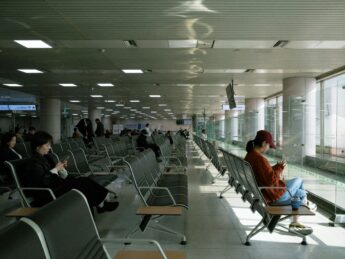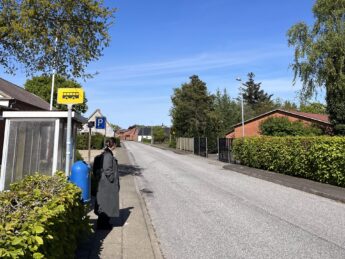
Situation
Today, almost all Danes have the opportunity to travel the world, expand their horizons, unwind, and nurture or build social relationships. Historically, the focus on the importance of travel has primarily related to the socioeconomic value creation, which is both well-studied and well-documented. In a time where physical and mental health, global cohesion, and social relationships are important topics, an airport asked us to conduct a study on the value that travel has on the softer aspects of life – including health, cultural competencies, social relationships, and identity formation.
Complication
It is, however, complex to quantify and substantiate the benefits of travel due to potential selection bias, questions regarding causality (e.g., does one become healthy by traveling or does one travel because they are healthy?), and confirmation bias. To address this challenge, Epinion designed a questionnaire that began with an objective part, where discrete questions explored factors like social, health, cultural, and identity-related aspects without revealing the primary intention of the study. Then, respondents' travel behavior over the past year (frequency, type, duration, purpose, etc.) as well as historical travel behavior were mapped. Finally, direct questions were posed regarding the respondents' own assessment of the significance of travel activities.
Recommendation
Epinion conducted the survey as a nationally representative study. Various statistical models were used to control for factors that can affect the relationship between travel and its outcomes. The results of the study showed that travel activities have a predominantly positive influence on health, cultural competencies, and identity and that it is particularly the accumulated travel experiences that shape us as human beings. Ultimately, the study proved that traveling has a positive impact on quality of life.





